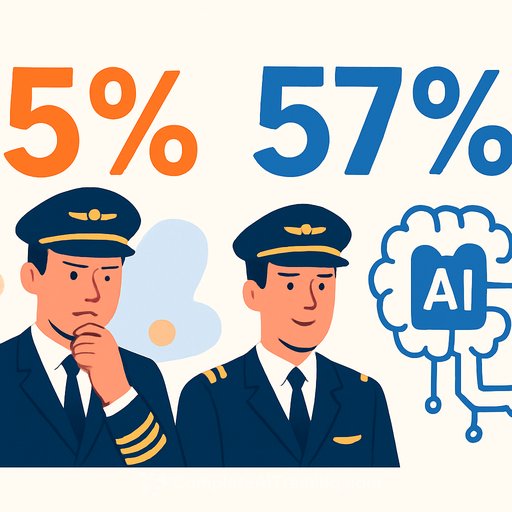U.S. Semiconductor Leadership and Executive Governance Risks: Managing Political and Strategic Uncertainty in the AI Era
Summary Overview
- Former President Trump's public call for Intel CEO Lip-Bu Tan's resignation over alleged ties to China triggered a 3% drop in Intel's stock, exposing political risks in corporate governance.
- Following this, White House talks and Trump's subsequent praise revealed unpredictable political influence affecting semiconductor leadership and national security priorities.
- Intel faced operational hurdles including delays at its Ohio facility and workforce reductions, highlighting how geopolitical pressures shape business decisions.
- Investors should emphasize transparent governance and diversified supply chains to navigate risks from shifting political narratives and tariffs.
- The Tan-Trump episode illustrates the need for corporate leaders to align with U.S. policies while staying agile in technology and geopolitics amid AI advancements.
The U.S. semiconductor industry remains a vital pillar of technological and economic strength. Recent developments show how corporate governance is increasingly entangled with political forces in this sector. The situation surrounding Intel CEO Lip-Bu Tan and former President Donald Trump serves as a clear example of the risks executives and investors face at the intersection of leadership, national security, and geopolitics.
The Tan-Trump Saga: A Study in Political Volatility
In July 2025, Trump's sudden and public demand for Tan's resignation, based on alleged connections to Chinese companies, rattled the market. Intel's stock dropped 3% in one day, reflecting investor concern over governance and political interference. Yet within days, Trump invited Tan to the White House for what he called a “candid and constructive discussion,” praising Tan's achievements and suggesting a possible easing of tensions.
This erratic political behavior highlights a growing trend where political leaders use corporate governance as a tool to further national security goals, often overlooking the operational realities companies face. Tan's prior investments in Chinese firms, while legally sound, became a political liability amid the “America First” agenda. Aligning with Senator Tom Cotton’s calls for Tan’s resignation, Trump underscored how corporate decisions in global industries can clash with domestic political priorities.
For executives and investors, this underscores the importance of evaluating a company’s political alignment alongside its financials, especially in sectors exposed to national security scrutiny.
Strategic and Political Risks in AI and Semiconductor Sectors
The semiconductor industry extends beyond hardware—it represents strategic power. As AI becomes central to technological leadership, control over chip manufacturing and research is a national security issue. Trump's imposition of 100% tariffs on imported chips and promotion of domestic production through the CHIPS Act reflect this reality.
However, such policies create a volatile environment where corporate leaders are scrutinized through a political lens. Intel's operational struggles—delays at its Ohio One facility, a 15% workforce cut, and internal boardroom tensions—demonstrate how political pressure can deepen business challenges. Intel’s strategic shift to focus more on CPUs rather than GPUs, where competitors like NVIDIA dominate, reflects the need for flexibility in a sector where geopolitical conditions can change quickly.
Investment Implications: Balancing Governance with Geopolitics
Investors can draw several practical lessons from the Tan-Trump episode:
- Governance risk matters: Companies in sensitive sectors must anticipate political scrutiny. Intel’s rapid communications—Tan’s letter to employees and the board’s reaffirmation of U.S. commitments—helped calm markets. Investors should favor firms with transparent governance and plans for political challenges.
- Diversify supply chains and leadership: Relying heavily on one executive or region increases vulnerability. Tan’s broad industry experience and global investments were valuable, but this episode highlights the importance of diverse leadership and supply chains.
- Monitor policy developments: Tariffs and CHIPS Act funding are part of a broader push to reshore key industries. Investors should watch how these policies impact direct beneficiaries like Intel and competitors such as AMD and NVIDIA.
Conclusion: Adjusting to a New Reality in Semiconductor Investing
The U.S. semiconductor industry faces a critical juncture. With AI and advanced manufacturing at the heart of global competition, executives must manage both market realities and political agendas. For investors, this means assessing companies not just on technical merit but also on their ability to withstand political shifts.
Intel’s experience with Tan’s fluctuating relationship with Trump offers a test case. Tan’s capacity to steer the company through political uncertainty while aligning with government priorities will be a key indicator for the sector’s outlook.
Executives and investors who recognize that leadership today requires political savvy as much as technical expertise will be better positioned to succeed.
Your membership also unlocks:





